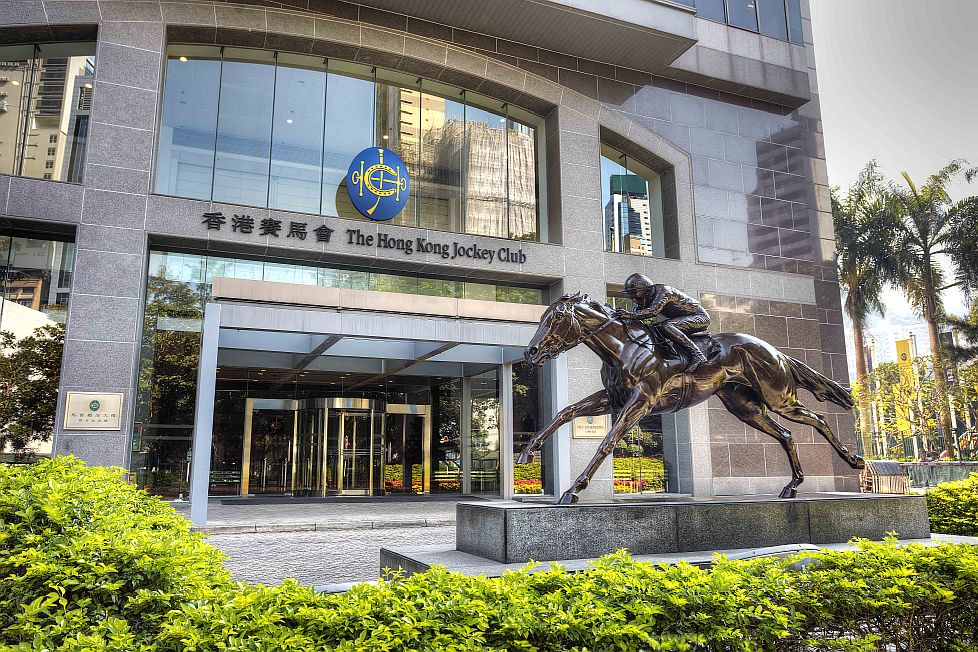
In a significant development, the Hong Kong Jockey Club (HKJC) is optimistic about the legalization of basketball betting in the Special Administrative Region (SAR) by September 2025. This initiative aims to bolster the city's financial health and address the escalating issue of illegal gambling.
Government's Stance and Financial Implications
Financial Secretary Paul Chan has expressed openness to exploring new revenue streams, including the legalization of basketball betting, to mitigate Hong Kong's growing fiscal deficit. The HKJC estimates that illegal basketball betting turnover reached between HK$70 billion and HK$90 billion in the previous year. By legalizing and regulating this market, the government anticipates generating approximately HK$1.5 billion in annual tax revenue after four years.
HKJC's Proposal and Infrastructure Investment
The HKJC has proactively submitted a proposal framework to the government, aligning the structure of basketball betting with its existing football betting operations, which involve a 50% duty on net betting revenue. This approach could redirect 30-40% of the illegal betting turnover into the legal market, potentially contributing up to HK$30 billion annually. Implementing this framework would require an investment of HK$1 billion to HK$2 billion in infrastructure, including the development of a new computer system expected to be operational by 2026 or 2027.

Projected Timeline and Operational Launch
While the HKJC is hopeful for legislative approval by September 2025, operational factors such as system development and infrastructure setup may influence the actual launch date of legal basketball betting services. Some reports suggest that the services might not be available until September 2026, coinciding with the start of the 2026/2027 NBA season.
Addressing Illegal Gambling and Social Concerns
The legalization of basketball betting is also seen as a strategic move to combat illegal gambling activities, which are often associated with social issues like loan sharking and underage gambling. By providing a regulated platform, the government aims to mitigate these problems while generating additional revenue. However, concerns have been raised about the potential for increased gambling addiction, particularly among the youth. Lawmakers emphasize the need for comprehensive public education campaigns to promote responsible gambling and safeguard vulnerable groups.
Conclusion
Hong Kong's initiative to legalize basketball betting represents a multifaceted strategy to enhance fiscal revenue, regulate illegal gambling, and address associated social issues. The collaboration between the government and the HKJC underscores a commitment to implementing this policy effectively, with careful consideration of both economic benefits and potential social impacts.

 Content Writer: Janice Chew • Thursday, 25/03/2025 - 00:17:04 - AM
Content Writer: Janice Chew • Thursday, 25/03/2025 - 00:17:04 - AM